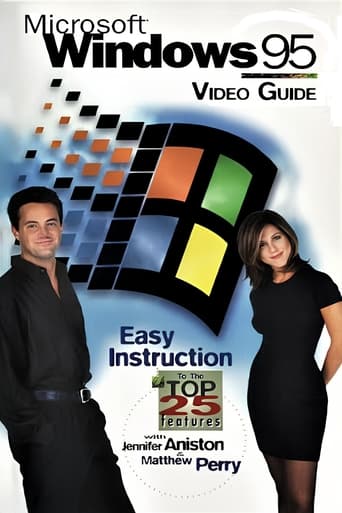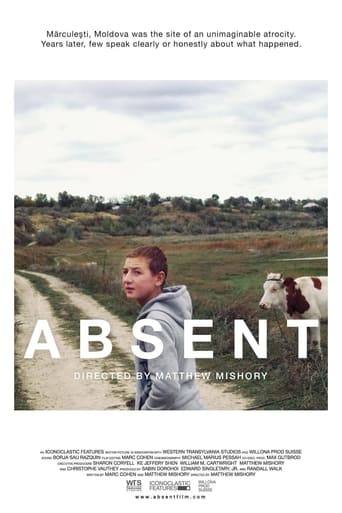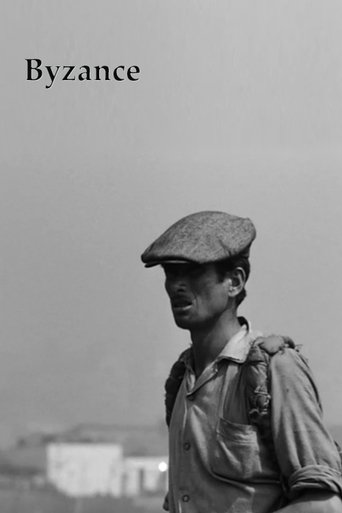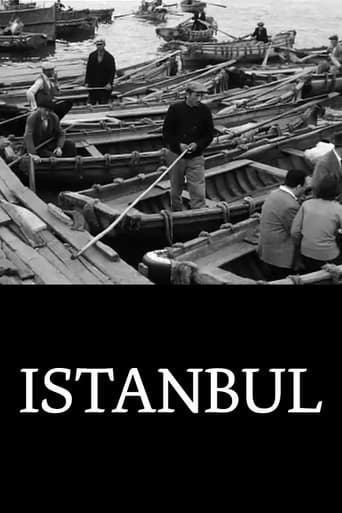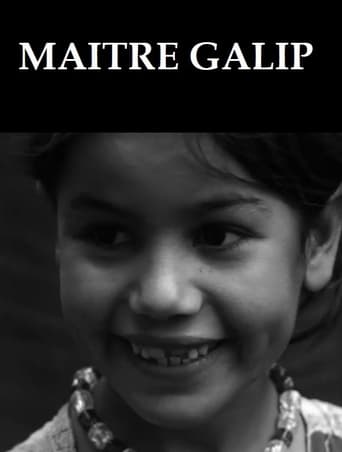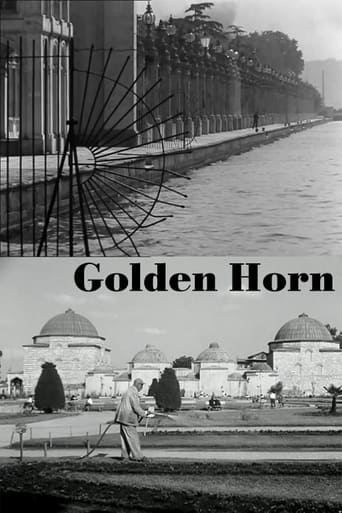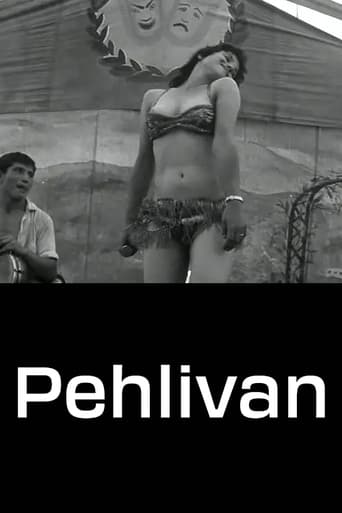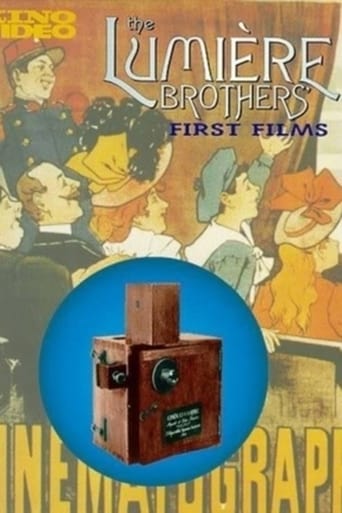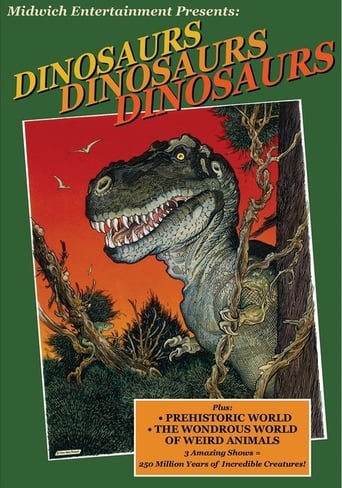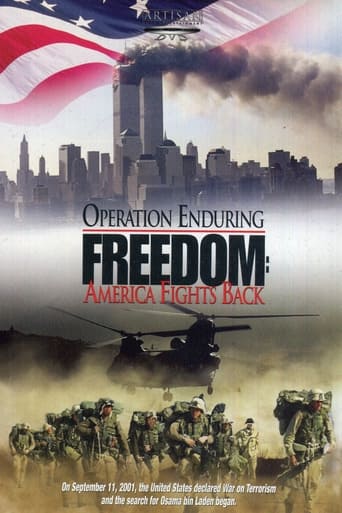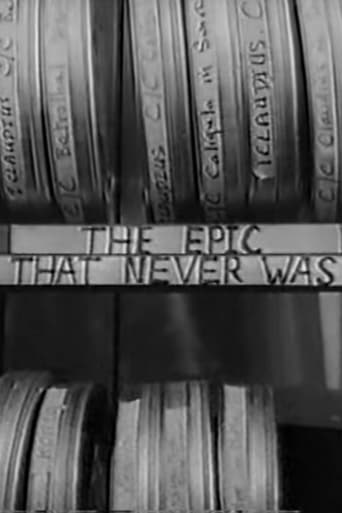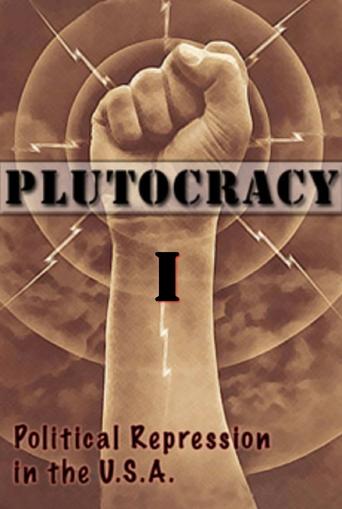
01 Nov 2015

Plutocracy I: Divide and Rule
History of US labor movements and their suppression. It includes sections on the American Constitution; the Civil War draft riots; Reconstruction; Industrialization; the evolution of the police; the robber barons; early American labor unions; and major mid-to-late 19th Century labor events including the uprising of 1877, the Haymarket Affair, the Homestead strike and the New Orleans General Strike. The introduction examines the West Virginian coal wars of the early 20th Century, culminating in the Battle of Blair Mountain.
